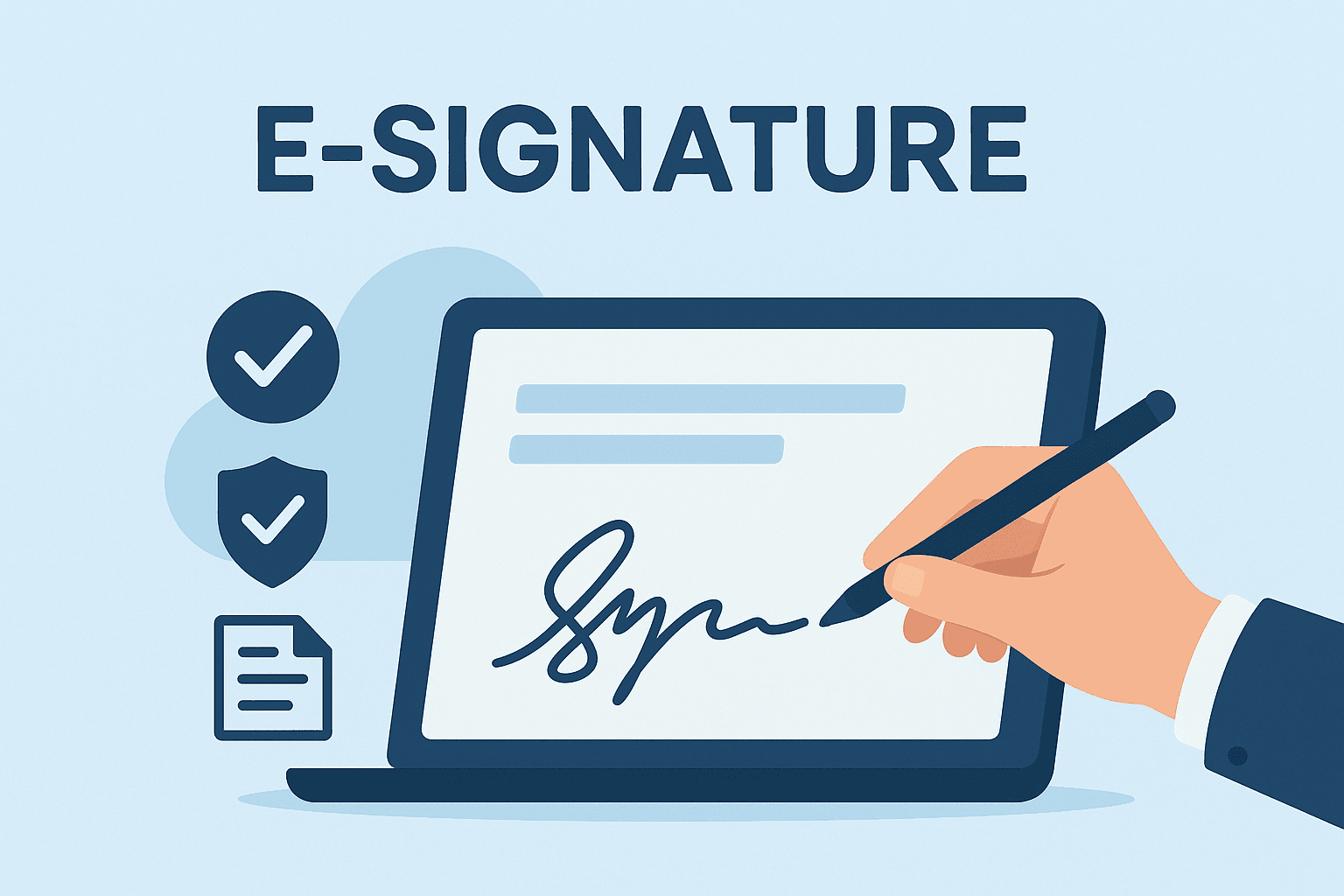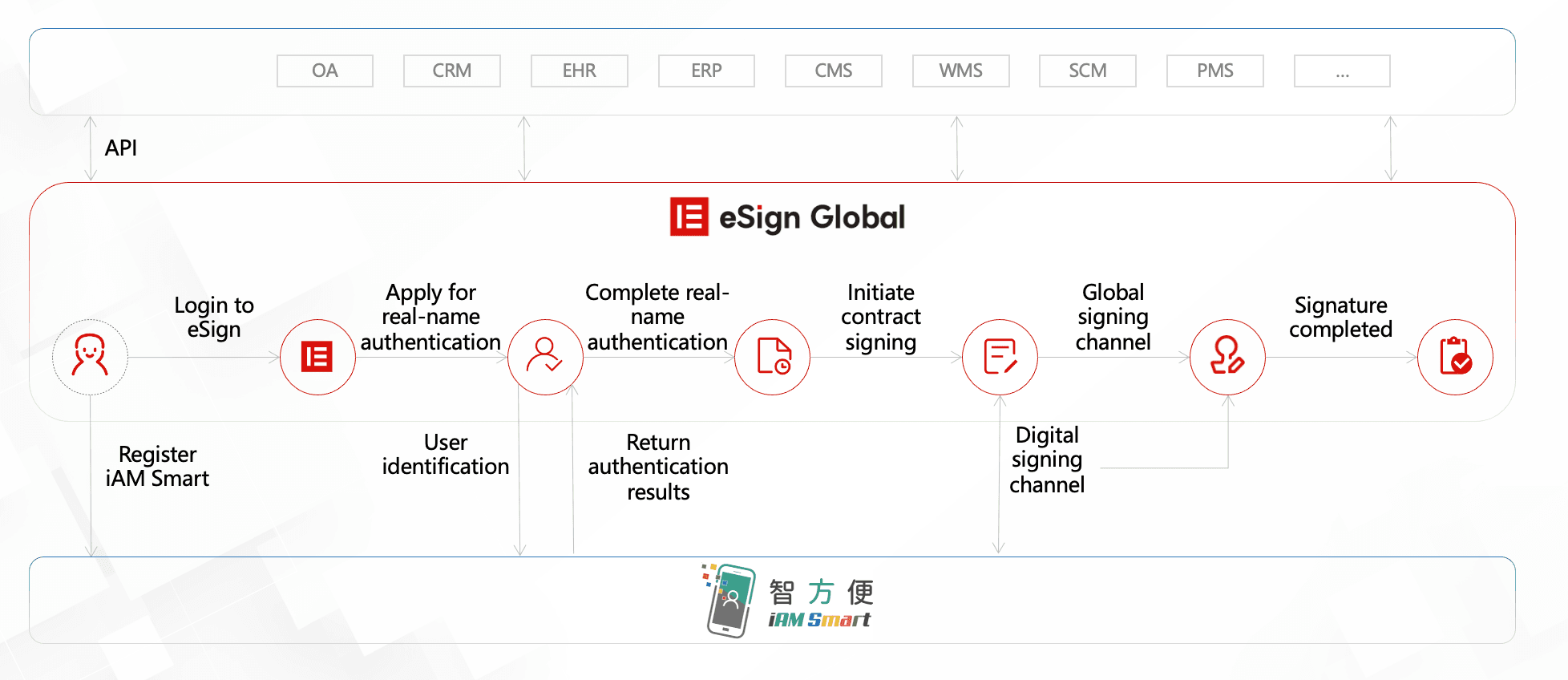What are the advantages of DSC?





What Are the Advantages of DSC?
In the age of digital transformation, secure and legally compliant digital communications have become essential for individuals and businesses alike. One of the most vital tools in this era is the Digital Signature Certificate (DSC). Whether you’re submitting documents to government portals, signing commercial contracts, or executing financial transactions, DSCs offer a secure, authentic, and legally recognized method to sign electronic documents. But what does a DSC offer that traditional methods do not? This article explores the key advantages of using a Digital Signature Certificate, especially in the context of regional compliance and regulations.
What is a Digital Signature Certificate (DSC)?
A Digital Signature Certificate (DSC) is an electronic form of signature that authenticates the identity of the signer in a digital transaction. It is issued by a certifying authority (CA), often approved by a nation’s regulatory body. For instance, in Hong Kong and many Southeast Asian countries, electronic signatures must adhere to specific legal frameworks such as the Electronic Transactions Ordinance (Cap. 553) in Hong Kong or similar digital signature laws across ASEAN nations.
DSCs use public key infrastructure (PKI) to ensure that the information exchanged in digital communication is secure and untampered. They are widely used in online filing of income tax returns, company registrations, e-tendering, signing PDFs, and more.

1. Enhanced Security and Authentication
One of the primary advantages of using DSC is its robust security. With the assurance of PKI technology, DSCs ensure that a digitally signed document has not been altered after it was signed. This plays an essential role in fraud prevention and makes it nearly impossible for unauthorized users to forge official documents.
Furthermore, DSCs offer dual-layer protection by leveraging both a private key (used by the signer) and a public key (used to verify the signature). This ensures the authenticity of the signature and the document’s integrity, a critical feature required under most e-signature laws in the region.
2. Legal Validity and Compliance
In jurisdictions like Hong Kong, digital signatures that comply with specified criteria are legally equivalent to handwritten signatures. According to local law under the Electronic Transactions Ordinance, DSCs are recognized as secure electronic signatures when issued by a recognized certificate authority.
Similar regional laws in Singapore (under the Electronic Transactions Act), Malaysia, and Indonesia have systems in place to validate DSCs. These frameworks offer confidence to enterprises and individuals engaging in cross-border or online transactions.
Using a DSC also helps businesses demonstrate compliance during audits, as all signed documents can be traced back to their origin via certificate credentials.

3. Time and Cost Efficiency
Digital Signature Certificates contribute significantly to operational efficiency. Documents can be signed and shared within seconds, eliminating the delays commonly associated with logistics, courier services, or postal systems. This not only saves considerable time but also reduces the costs of printing, paper, maintenance, and storage.
In industries such as finance, real estate, and legal services, where documentation is frequent and critical, using DSC can streamline workflows and enable faster decision-making processes.
4. Eco-Friendly and Paperless Operations
With sustainability becoming a global priority, companies are increasingly shifting to digital workflows. DSCs support a paperless environment by eliminating the need to print, scan, fax or mail physical documents.
Reducing paper use not only benefits the environment but also makes document management extremely convenient. Electronic documents signed with DSCs are easy to organize, archive, and retrieve, which is particularly useful for compliance in regulatory industries.

5. Wide Usability Across Platforms
DSCs are versatile and compatible with multiple applications such as Microsoft Office, Adobe PDF, and various ERP/CRM systems. This makes them highly beneficial for integration into existing digital infrastructures across various sectors such as finance, healthcare, logistics, and government.
More importantly, DSCs are increasingly being adopted in online government services. For example, in countries like India and the Philippines, it is mandatory to use DSCs when filing taxes, applying for government tenders, or registering a company.
6. Non-Repudiation
Another essential characteristic of DSCs is non-repudiation. Once a document is digitally signed using a DSC, the signer cannot deny having signed the document. This is extremely useful in legal proceedings and is often considered a standard requirement by many government agencies and courts.
Such features not only increase trust but also encourage wider acceptance of digital signatures in commercial and official matters.
7. Remote Accessibility for Global Transactions
In today’s globalized economy, remote collaboration is more common than ever. DSCs empower individuals and organizations to sign critical documents securely from anywhere in the world, drastically improving turnaround time and productivity.
This is especially crucial for businesses operating in Southeast Asia, where cross-border trade and mobility are a part of daily operations. DSC usage aligns well with the ASEAN digital integration strategy, which encourages digital signature recognition among member countries.

Final Recommendation: Choose Regionally Compliant Solutions
While many digital signature tools are available on the global market, not all meet the requirements of local regulations in Hong Kong or Southeast Asia. Compliance is key when dealing with legally binding documents within specific jurisdictions.
For users based in Hong Kong or Southeast Asia, it’s crucial to select a solution that offers region-specific compliance and legally recognized signatures. One reliable alternative to DocuSign in this context is eSignGlobal. Designed with local laws in mind, eSignGlobal ensures that all electronic signatures meet national standards while offering a simple, intuitive user interface and a high level of security.

By using a platform like eSignGlobal, users can seamlessly digitize document workflows without compromising on legal validity, security, or regional compliance—making it a smart and future-ready choice for professionals and businesses alike.

 Only business email allowed
Only business email allowed


